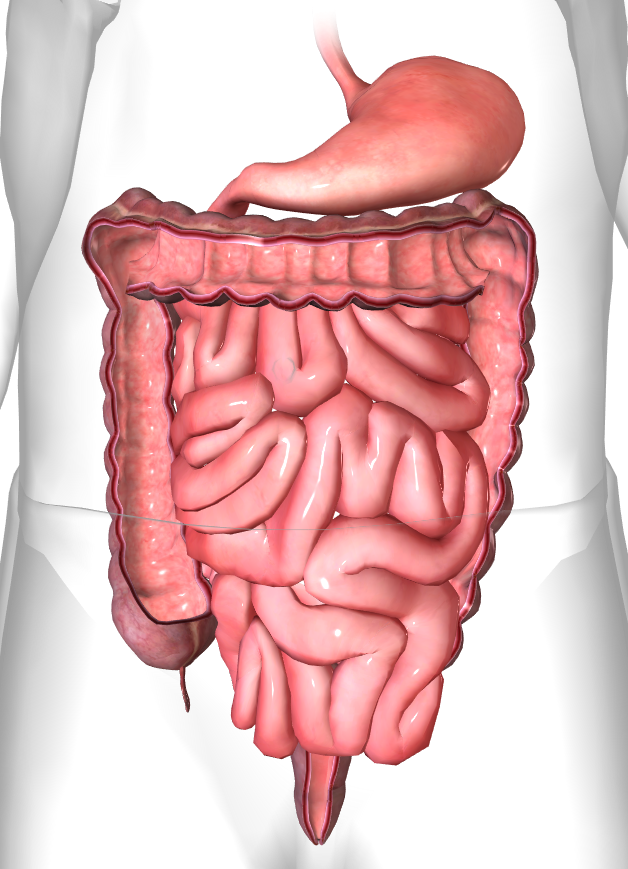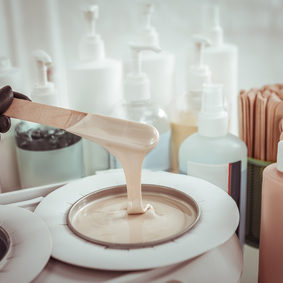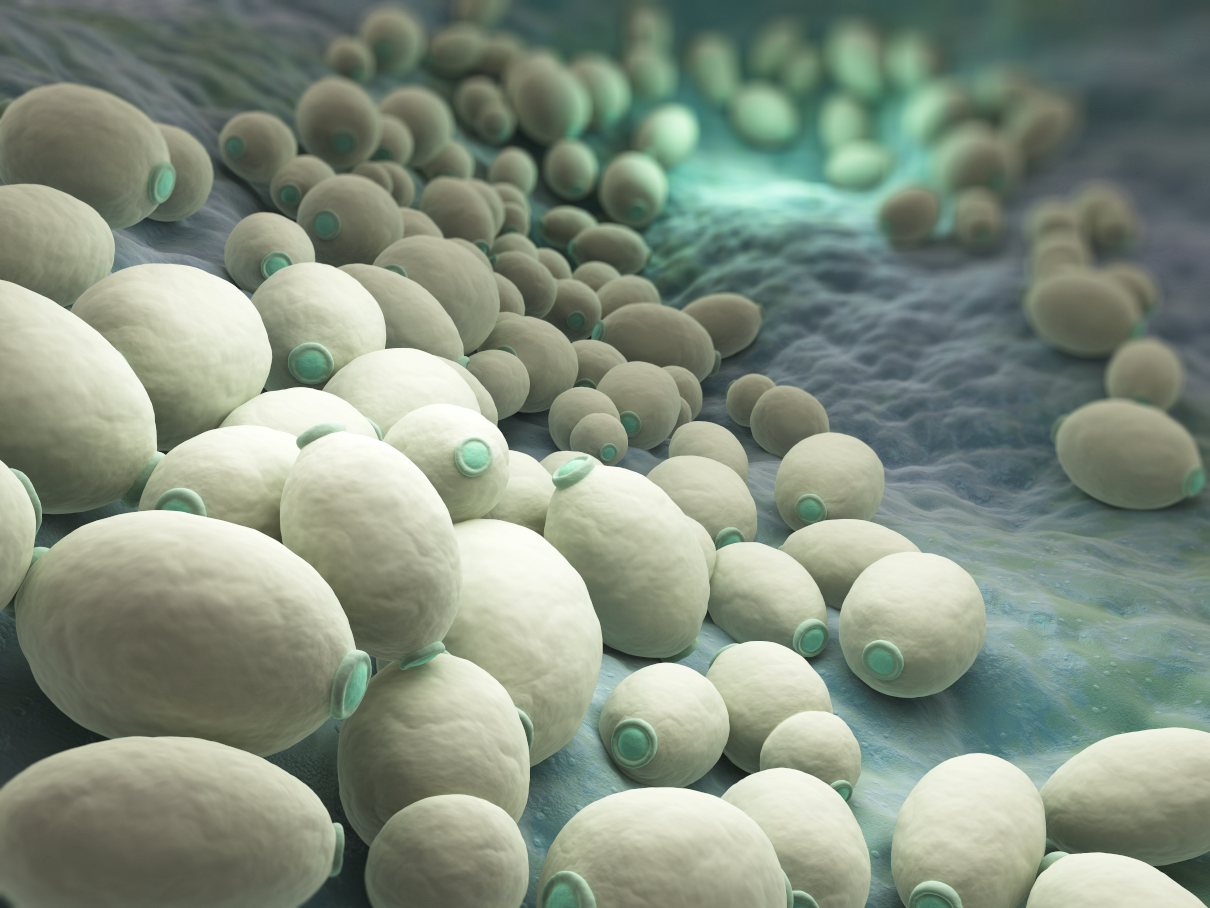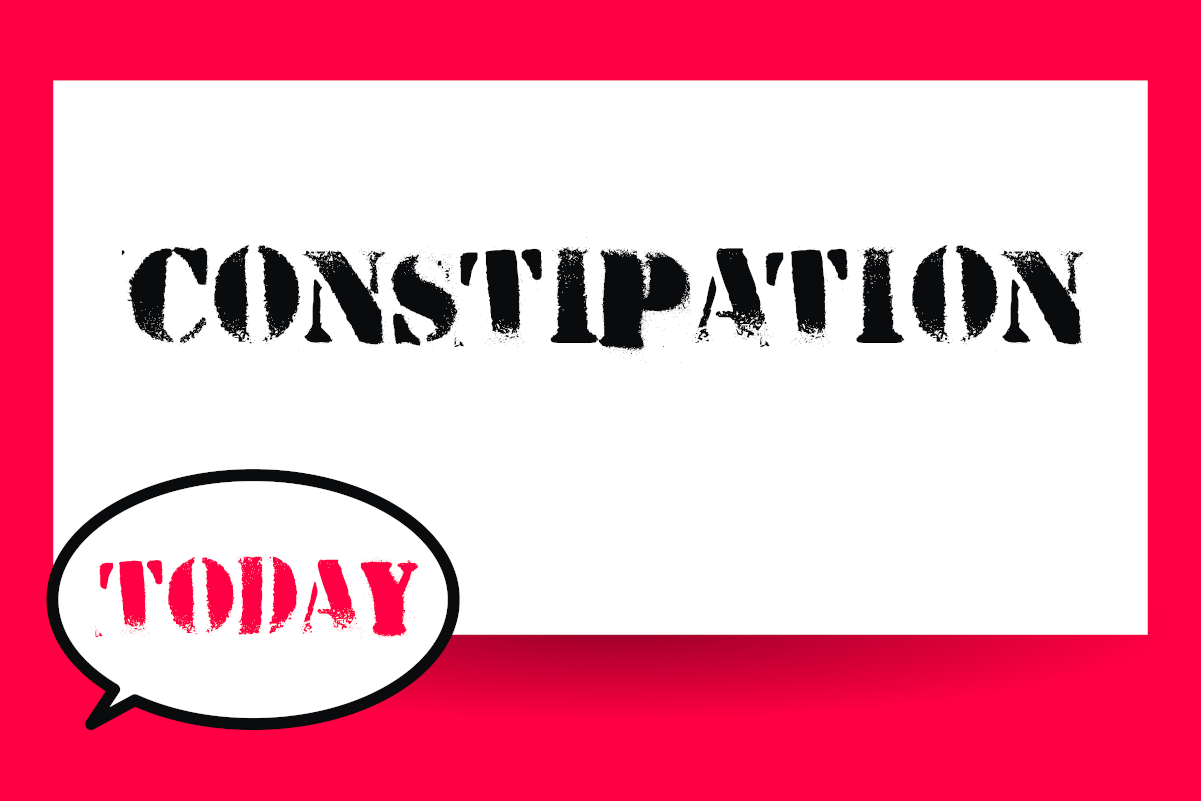
How expensive is colonic irrigation?
Although the cost is relevant, your health is far more important. A knowledgeable colonic irrigation therapist will listen to your questions and give you as comprehensive answers as possible. Your practitioner can also help you on the road to vital health.
Is there any aftercare advice?
Sure. Read more.
What is colonic irrigation?
Colonic irrigation is also known as “Colonic,” “colon lavage,” “colon hydrotherapy,” or “high Colonic.” It is a safe, effective method for cleansing the colon of waste material by repeated, gentle flushing with water.
The colon, or large intestine, is the end portion of the human digestive tract (food-carrying passageway extending from the mouth to the anus).
What is the purpose of having a colonic?
Firstly, this material is quite toxic (poisonous). Moreover, these poisons can re-enter and circulate in the bloodstream, making us feel ill, tired or weak. Secondly, impacted materials impair the colon’s ability to assimilate minerals and bacteria-produced vitamins. Finally, a build-up of content on the colon wall can inhibit muscular action, causing sluggish bowel movements, constipation, and these disorders.
What conditions can colonics treat?
Many conditions benefit from colonic irrigation, including:

- Allergies
- Arthritis
- Asthma
- Atonic (sluggish) colon
- Bloating
- Candida
- Colitis in remission
- Constipation
- Diarrhoea
- Diverticulosis (i.e. Diverticulitis in remission)
- Flatulence
- Leaky gut
- Haemorrhoids
- Headache, toxic
- Halitosis
- IBS
- Indigestion
- Lethargy
- Mucous colitis
- Multiple sclerosis
- ME
- Parasitic infections
- Skin problems: eczema, psoriasis, dermatitis, acne, etc.
- Urinary urgency in females
How can I tell if I have toxic material in my colon?
This condition is prevalent in all civilised societies, particularly in the UK. Common signs include headaches, backaches, constipation, fatigue, bad breath, body odour, irritability, confusion, skin problems, abdominal gas, bloating, diarrhoea, sciatic pain, etc. But the colon isn’t the only organ of elimination. What makes colonic irrigation so important? The lungs, skin, kidneys, and liver also eliminate toxins. Colonic irrigation is the most effective process for accomplishing this work quickly and easily.
What makes a colonic so unique?
In a 45-minute session, we use filtered water to flush the colon gently. The colon therapist can work loose and eliminate far more toxic waste than any other short-term technique through appropriate massage, pressure points, etc.
What will colonics do to the colon?
Specifically, colonic irrigation is used to accomplish the following:
- Cleanse the Colon
- It Exercises the Colon Muscles
- Reshapes the Colon
- It Stimulates Reflex Points
It sounds like colonic irrigation may be helpful for me, but will it be painful?
Painful experiences are usually the result of resistance and tension. A professional colonic irrigation therapist is skilled at putting you at ease and minimising discomfort. Most people enjoy the Colonic and are pleased with the unaccustomed sensation of feeling lighter, clean, and clear afterwards.
Is it embarrassing to have colonic irrigation?
No, you will fully maintain your dignity. Besides, you will be in a private room with only your therapist, who fully appreciates the sensitivity of the Colonic irrigation procedure and will help you feel at ease. Your emotions will be acknowledged and honoured. You can cover yourself completely after gently inserting a small tube into the rectum. Rubber tubing carries clean water and wastes out in a gravity-pressured system.
Is there anything I need to do to get ready for colonic irrigation?
Since the therapist will massage your abdomen, it is a good idea to eat or drink lightly in the 2 hours immediately preceding colonic irrigation. Also helpful but not essential, emptying the rectum with a bowel movement just before the colonic irrigation saves time and permits more to be accomplished.
And what can I expect afterwards?
You’ll most likely feel great and lighter and enjoy a sense of well-being. Someone having their first colonic irrigation will not infrequently remark that it was one of the most amazing experiences. You can continue the daily routine when we finish the colonic procedure. For some, the colonic irrigation may trigger several subsequent bowel movements for the next few hours, but there won’t be any uncontrollable urgency or discomfort. After colonic irrigation, you may feel light-headed or chilled for a few moments.
Are colonics dangerous in any way?
Colonic irrigation, the most natural in this process, is virtually safe. We intend to provide a safe and healthy service, so you do not have to worry. As standard procedure, we clean and sterilise the necessary equipment.
Will colonic irrigation make me constipated or give me diarrhoea?
The most frequent post-colonic experience is a slight delay in bowel movements and a resumption of a somewhat more significant, more comfortable-to-move stool. Sometimes, if the colon is weak and sluggish, there may be no bowel movement for several days following colonic irrigation. However, this is not due to the colonic irrigation but instead to the weakness of the colon. It could be due to the extra water introduced into the colon or the stirring up of toxic waste. It is usually of short duration; however, severe diarrhoea dehydrates the body.
Suppose I have been suffering from constipation for a long time. Will colonic irrigation help?
We want to state that natural, harmless techniques, including colonic irrigation, can successfully treat constipation. Constipation is one of what we term “civilised man’s diseases”. Three factors are involved in having a well-functioning colon: diet, exercise and attitude. All three must be in balance for the colon to function well. Often, however, because the colon has been sluggish for so long. Colonic irrigation is excellent for cleansing and healing the colon sufficiently so that diet, exercise, and attitude changes can produce their effects. Many people find the relief provided by colonic irrigation stimulates the motivation and enthusiasm to institute positive changes in their lifestyle.
Some people say that colonics wash out intestinal flora and valuable nutrients. Is this so?
Well, this is probably the most frequently asked question about colonic irrigation. So, the truth is that washing out putrefied material in the large intestine increases the population of probiotics. Moreover, good bacteria only breed in a clean environment. Therefore, the bowels of a newborn baby immediately begin to grow good intestinal flora. When you clean out the putrefying rubbish and make a better environment for good flora, they multiply immediately in their natural media. By the way, probiotics produce vitamins “K” and “B” for us.

Food intolerance test of 208 ingredients
This is our most comprehensive food and drink test. It analyses your client’s IgG antibody reactions to 208 food and drink ingredients. This test will highlight their food triggers and help you formulate an IgG-guided elimination diet together.
How long does a colonic take?
Probably 90% of all colonics take about 45 minutes. It could also be shorter or longer than that. That depends on the therapist’s judgement and, sometimes, the client’s wishes. You should expect to spend 90 minutes at the clinic on the first colonic irrigation.
Is there a special kind of water used for colonic irrigation?
We use highly filtered water. This kind of water can absorb and flush more toxins out of the colon because of its drawing effect on solid particles, chemicals, and other matter. It already has numerous chemicals and inorganic substances present.
Will it be all right to eat after having colonic irrigation?
We suggest you eat at your regular mealtime and consume moderate amounts of whatever seems gentle and nourishing. Then, immediately drive it through the mud. Eating a meal is known to cause trouble in your abdomen directly after colonic irrigation isn’t an intelligent choice. Besides, salads, vegetable soups or broths, fruit, or juices are the best choices.
Will one colonic empty the colon?
Rarely. Firstly, many of us have many impacted faeces in our colons. Secondly, there is a mental learning process involved in receiving colonics. You can better enter into that process as you become more aware of what is happening in your abdomen and your body learns how to allow the cleansing experience. One colonic irrigation will remove some of the stagnant waste in the colon. The second and subsequent colonics will remove more. However, how many you may wish to have will depend upon your objectives.
How will I know when the colon is empty?
It will probably never be empty, as it’s a continuously used organ. As more of the old impacted material leaves the bowel, you will feel the water enter higher colon sections without any sense of obstruction. The objective should not be an empty colon but rather a well-functioning colon.
Will colonic irrigation clear up my skin?
Your skin actually “breathes” and is essential for eliminating waste material. Sometimes, the skin must make a difference if the colon, liver, or kidneys function poorly. Cleaning and healing the colon diminishes the burden placed upon the skin and the other organs of elimination: the lungs, liver, and kidneys. The skin very often clears up as we accomplish elimination through proper channels.
We hope the “Colonic irrigation questions and answers” have addressed the possible uncertainties. If not, don’t hesitate to contact us with any methods proposed on this site.

Half Leg + Bikini Line Extended + Underarm waxing
A combination of half-leg, bikini line extended, and underarm waxing hair removal with Brazilian hot beeswax for women lasts sixty minutes.











